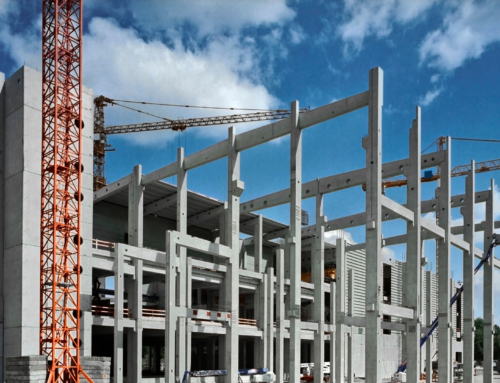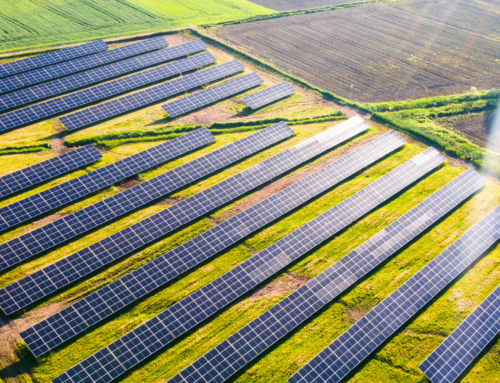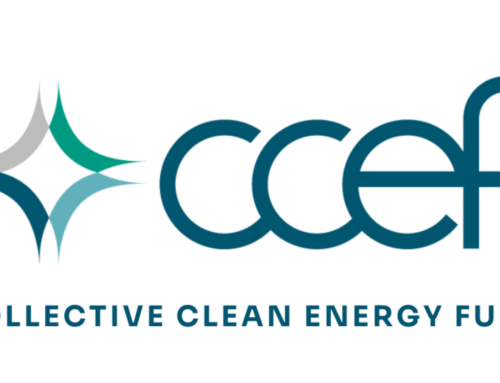In our concerted global effort to combat climate change, it’s essential to ensure the equitable distribution of clean energy. Remote and indigenous communities often face a unique set of challenges, especially when it comes to accessing renewable energy sources. By integrating local traditions with modern technologies, we can overcome these barriers and provide these communities with clean, sustainable, and reliable power for the future.
Understanding the Challenges
Indigenous or geographically remote communities face a unique set of challenges in accessing clean energy, including:
- Geographical isolation: The remoteness of some communities can make transportation of materials and equipment for renewable energy projects logistically challenging and expensive.
- Lack of infrastructure: Many remote communities lack the necessary infrastructure, such as roads, to facilitate the installation and maintenance of renewable energy systems.
- Limited technical expertise: There may be a lack of local expertise to install, operate, and maintain renewable energy systems.
- Cultural sensitivities: Implementing new technologies may sometimes clash with traditional values or ways of life, making community buy-in essential but occasionally challenging.
- Limited access to financing: Remote and indigenous communities may have difficulty accessing traditional financing or may be wary of entering into agreements that could lead to debt or loss of autonomy.
Remote and indigenous communities here in Colorado face additional distinct challenges. The state’s varied topography, including its mountainous regions, can make transportation and installation of renewable energy infrastructure especially difficult. Moreover, the Ute tribes — Colorado’s primary indigenous population — have historically faced socioeconomic disparities, making access to financing for clean energy projects more challenging.
Balancing respect for indigenous cultural and land rights with the goal of expanding clean energy is another intricate challenge that demands collaborative, respectful, and localized approaches.
Promoting Clean Energy Access in Remote and Indigenous Communities
The use of modern renewable energy technologies can transform energy access in remote areas. Technologies such as solar panels, wind turbines, micro-hydro generators, and bioenergy systems can generate energy without harmful greenhouse gasses. These technologies can often be scaled to meet the needs of smaller, remote communities.
Community ownership is crucial to the success of these energy projects. By facilitating local ownership, we ensure that the benefits of clean energy, such as job creation and revenue, remain within the community.
Educating community members about the benefits and maintenance of renewable energy systems is another key part of long-term success. By building local capacity, communities can maintain, repair, and eventually expand their renewable energy projects.
Finally, remote and indigenous communities can achieve greater access to renewable energy through financial support. Here at the Colorado Clean Energy Fund, we aim to do just that. We support Coloradoans in their efforts to transition to clean energy, using the tools we have as a green bank to break down the financial barriers that inhibit access to clean energy for communities across the state. Explore our products and programs here to see how we can help you.
Sources:
- https://www.ihrb.org/focus-areas/just-transitions/community-ownership-of-renewable-energy-how-it-works-in-nine-countries
- https://coloradoencyclopedia.org/article/ute-history-and-ute-mountain-ute-tribe
- https://ssir.org/articles/entry/respecting_the_rights_of_indigenous_peoples_as_renewable_energy_grows#







